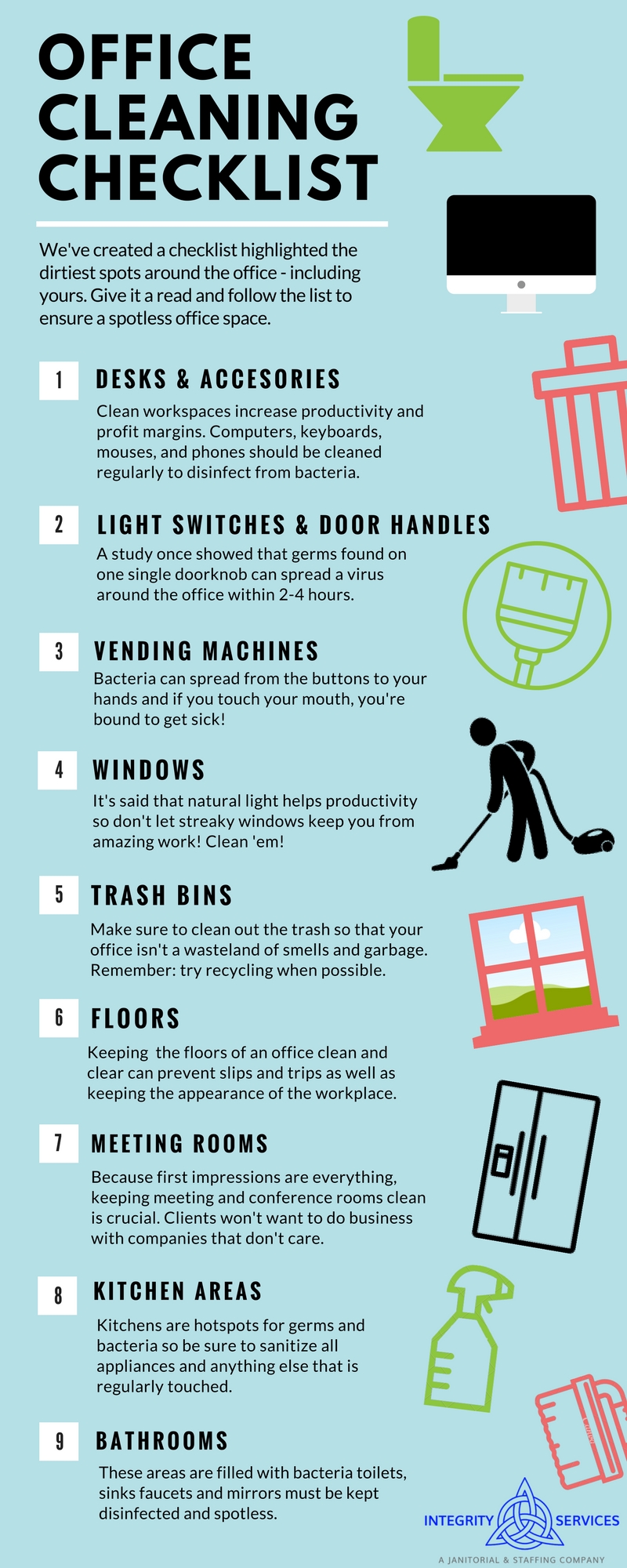A Guide On How To Find A Woodworking Contractor Who Can Handle Your Projects
A Guide On How To Find A Woodworking Contractor Who Can Handle Your Projects
Blog Article
Get Better Results Finding a Good Woodworking Contractor
A woodworking contractor can create and install custom furniture, carved fixtures, or intricate trim work. But they also have the skills to build commercial or residential structures.
Whether you’re an architect designing a new foyer or a general contractor looking for someone to repair a damaged wall, finding the right company requires a bit of research. Here are some tips to get you started.
1. Do Your Research
You can tell a lot about a woodworking contractor based on their past work. Find out what types of projects they are able to complete and the materials that they use for each type of project.
Also, ask about their pricing structure and what their down payment terms are. This will help you avoid misunderstandings and ensure that all project specifics are agreed upon by both parties.
Another important question to ask is what kind of insurance and licensing they carry. This will give you peace of mind that they are a professional, responsible business that follows the law.
During your initial meetings with potential contractors, narrow the list down to those who speak with you in a professional manner, respond satisfactorily to your questions and seem excited about your project ideas. Schedule a second meeting with the ones that remain and request paper copies of their licensing and insurance for your records. At this point, you’ll be ready to start selecting the best contractor for your needs.
2. Ask for References
If a contractor is not willing to provide you with references, that should be a red flag. A good woodworking contractor should be happy to give you three or five references from past clients who will give glowing reviews.
When you do get in touch with the references, be prepared to ask some specific questions. You want to get the best information possible out of these conversations, so avoid asking general questions that could be answered with either a "yes" or a "no." Instead, drill down and ask very specific questions.
Another question to consider is how long each contractor homemade basement bar has been in business and how many projects they have worked on. Having experience and doing large-scale projects are key to ensuring that the contractor has the skills, equipment, and manpower to take on your project. You will also want to ask for specifics about previous projects that are similar to yours. This will allow you to determine if their work fits the type of project you need done.
3. Read Reviews
If you have a home or business, it’s likely that you will need repairs or renovations done to keep your property in top condition. But you may not know who to call for certain tasks, like carpentry or woodworking.
Often, you will find good reviews on contractors by searching online for their name. Google reviews offer an authentic perspective from a variety of customers that provides valuable insight into the quality of work and customer service.
When reading the results, be wary of contractors with overly ecstatic reviews. A few negative reviews are to be expected, but a lot of raves can indicate a bogus review or a contractor that is trying to hard to sell their services. Be sure to read the reviews carefully and look for both a star rating and written feedback.
4. Look for Certifications
Although a woodworking project can come from the inspiration of a moment, it’s important to always start with a plan. Otherwise, the end result may look nothing like what you envisioned. That can be frustrating and discouraging.
The best way to find a good contractor is by looking for a certification in woodworking. This shows that they are committed to their craft and follow industry standards. It also demonstrates their professionalism and establishes a level of trust with clients.
There are many different ways to sell your woodworking projects. Some woodworkers choose to sell their work online through a third-party marketplace or a physical shop. Others prefer to sell their creations at craft shows or markets. Still, some woodworkers focus on delivering high-demand products like wall decor and furniture pieces. This helps them maximize revenue and grow their business. Moreover, it reduces the risk of selling low-quality or underpriced items. In addition, it ensures that the customer is satisfied with their purchase.